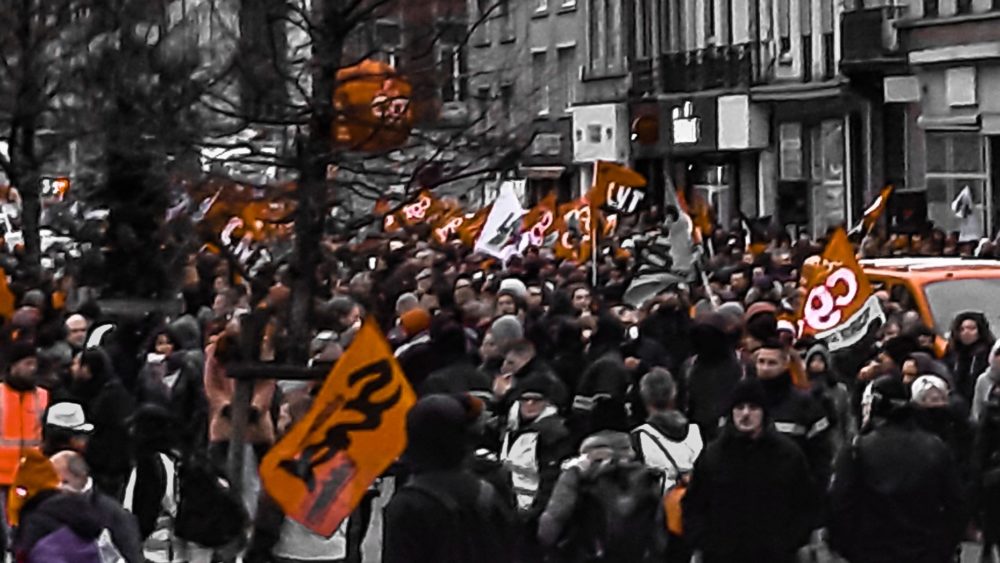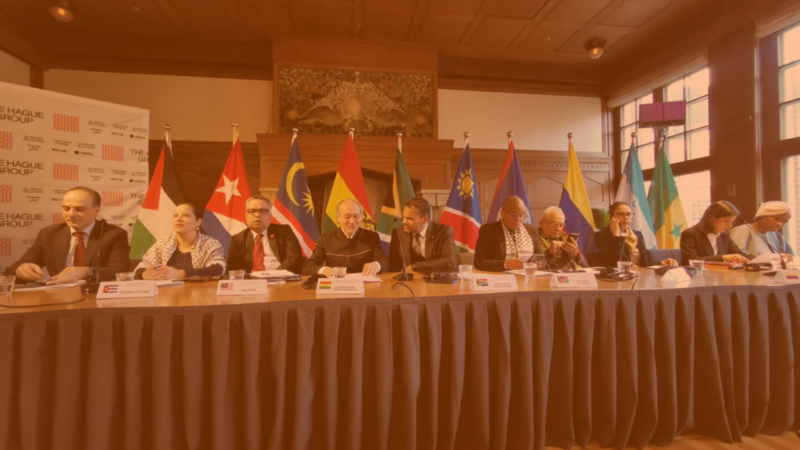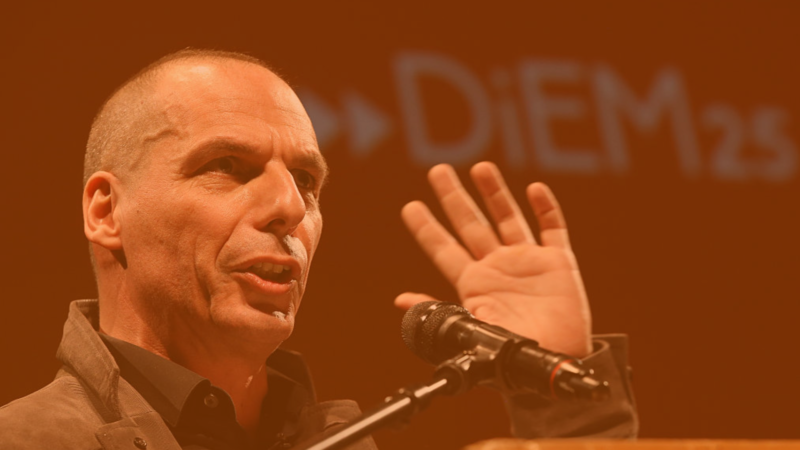While the general rate of redistribution of wealth in Sweden is relatively high, this country has had a real push on the question of pension reform using a point system, as Henri Sterdyniak, from French Observatory of Economic Conditions (OFCE) indicates.
Indeed, years after this type of reform occurred, the situation there is quite catastrophic: retirees earn about 15 to 20% less than working people on average, while in France their incomes are about equal. Worse, the proportion of retirees living below the country’s poverty line is 16%, compared to 8% in France. The fear that a point system will impoverish retirees seems fairly well-founded when we look at what this means in a country that is “richer” and supposedly more redistributive than France.
14%: Again the logic of “criteria”
It is clear, as the analysis done by France Info shows, that Delevoye applies an accounting logic of blocking or even reducing of spending on the issue of pensions by saying that it would be good to limit it to 14% of the country’s GDP. His argument being that the GDP would be constantly increasing, which is visibly questionable, and this would amount to indexing pensions to growth, including negatively in the event of a recession!
The other option of indexing pensions to wages is hardly more reassuring, since they have increased in the last twenty years only slightly more than inflation and assuming the same ongoing increases is just superstition, with the Italian debt crisis as an example. This project is in accordance with the recommendations of the European Commission and the Council of the European Union which recommend for France retirement expenses which “should represent 13.8% in 2022, before evolving in a range between 11.8% and 13.8% by 2070, depending on the growth rate used for the development of GDP and employment over time ”. Again, it is the desire to reduce public spending, here by transferring it onto individuals and therefore as unequal as possible, through financial products that bring money to banks and insurance companies, which is in fact the secret behind the mask of the European Union’s plans. French and European bankers and insurers have obtained that from the EU so it matches their desire for profits.
Europe is not the cause, it is the political place where the decisions that concern us are validated, and it is precisely by fighting together at this level that the workers and the populations of the continent can break the logic of austerity. The struggle at a national level can payoff over time as shown by the temporary victory of the workers of Belgium in 2018, who knew how to take advantage of the electoral calendar to keep pressure on the governing parties, but only an international struggle can change for good the course of things, by profoundly changing the political and budgetary recommendations of the Union itself. Austerity, on the issue of pensions as on poverty, health or the privatization of public services and social protection, is a European problem in the sense that it is in Brussels that the alliance of the rich and their states against the people.
- Germinal Pinalie (National Collective DiEM25 France)
Do you want to be informed of DiEM25's actions? Sign up here















